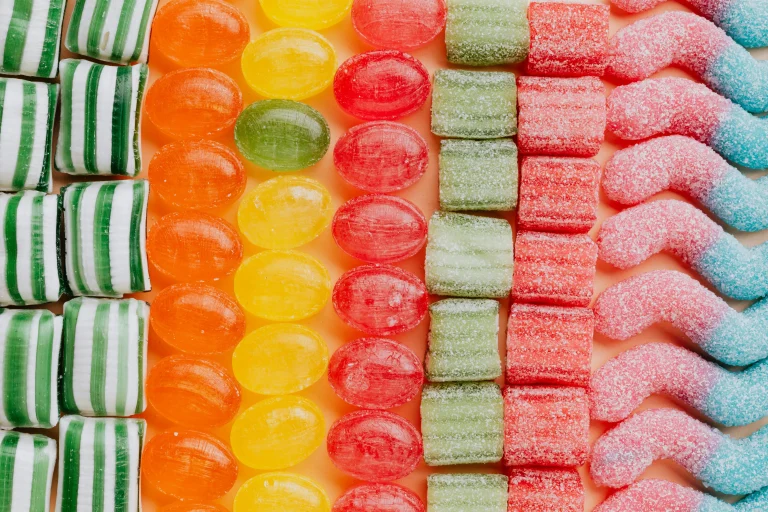Energy drinks promise a quick boost alertness, stamina, and focus in a can. But what happens when that boost becomes a daily habit? With more than 500 brands on the market and billions in annual sales, energy drinks are no longer niche. They’re part of mainstream beverage culture, especially among athletes, students, and shift workers.
So, are they safe for long term use? Here’s what the science says.
What’s Inside an Energy Drink?
Most energy drinks contain a blend of caffeine, sugar, and other stimulants. Common ingredients include:
- Caffeine: Ranges from 50 to 300 mg per servin often more than a cup of coffee
- Taurine: An amino acid linked to neurological development and performance
- Guarana and yerba mate: Natural sources of caffeine
- B vitamins: Support energy metabolism
- Sugars or artificial sweeteners: Provide quick energy, but may spike blood glucose
- Other additives: Citric acid, carbon dioxide, flavouring agents, and sometimes heavy metals from ingredient contamination
While caffeine is the main active compound, the combination of stimulants and sugars can amplify effects and risks.
Short-Term Effects: The Immediate Jolt
Short-term consumption can lead to:
By signing up, you agree to receive emails from RealFit Wellness. You can unsubscribe anytime. See our Privacy Policy.
Your Weekly Wellness Boost
- Increased alertness and physical energy
- Elevated heart rate and blood pressure
- Restlessness, agitation, or difficulty focusing
- Headaches and dehydration
- Gastrointestinal issues like loose stools or constipation
These effects typically wear off within hours, but repeated use can lead to tolerance, dependence, and sleep disruption.
Long-Term Risks: What the Research Reveals
Long-term use of energy drinks has been linked to several health concerns:
- Cardiovascular strain: Elevated blood pressure, irregular heart rhythms, and increased risk of heart disease3
- Mental health impact: Anxiety, insomnia, and mood disturbances
- Metabolic issues: Weight gain, insulin resistance, and type 2 diabetes (especially with high-sugar drinks)
- Drug interactions: Caffeine and other compounds may interfere with medications
A 2025 review published in Nutrients highlights that chronic consumption especially in combination with alcohol or other stimulants can lead to serious adverse effects, including hospitalisation. The FDA has received reports linking energy drinks to seizures, heart problems, and even fatalities.
Who Should Be Cautious?
Certain groups are more vulnerable to the risks of energy drinks:
- Children and teens: Sensitive to caffeine; linked to increased ER visits
- People with heart conditions: Risk of arrhythmias and elevated blood pressure
- Individuals with psychiatric conditions: May worsen anxiety or mood disorders
- Older adults: Slower caffeine metabolism and increased sensitivity
- Pregnant or breastfeeding women: Caffeine crosses the placenta and can affect fetal development
Healthcare professionals generally advise against regular energy drink consumption for these populations.
Smarter Alternatives and Safety Tips
If you rely on energy drinks for focus or stamina, consider these safer strategies:
- Hydration first: Dehydration often mimics fatigue
- Balanced meals: Support sustained energy with protein, complex carbs, and healthy fats
- Natural stimulants: Green tea, matcha, or yerba mate in moderate doses
- Sleep hygiene: Prioritise rest to reduce reliance on stimulants
- Limit intake: No more than one energy drink per day, and avoid mixing with alcohol
Always read labels carefully some cans contain multiple servings, pushing caffeine levels well beyond recommended limits.






